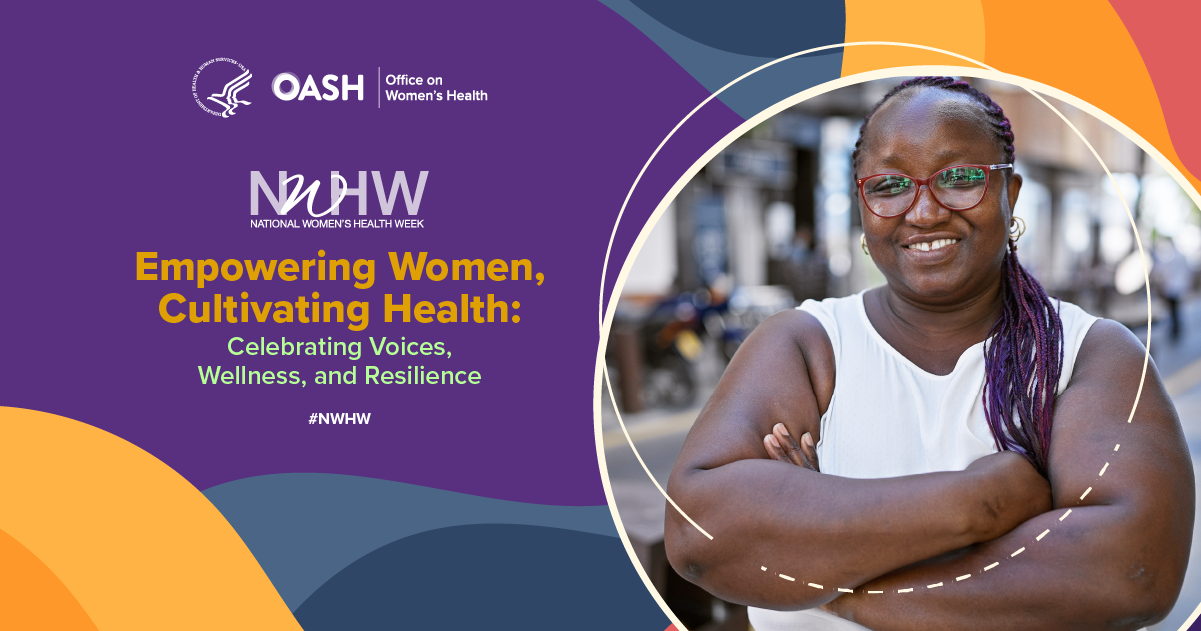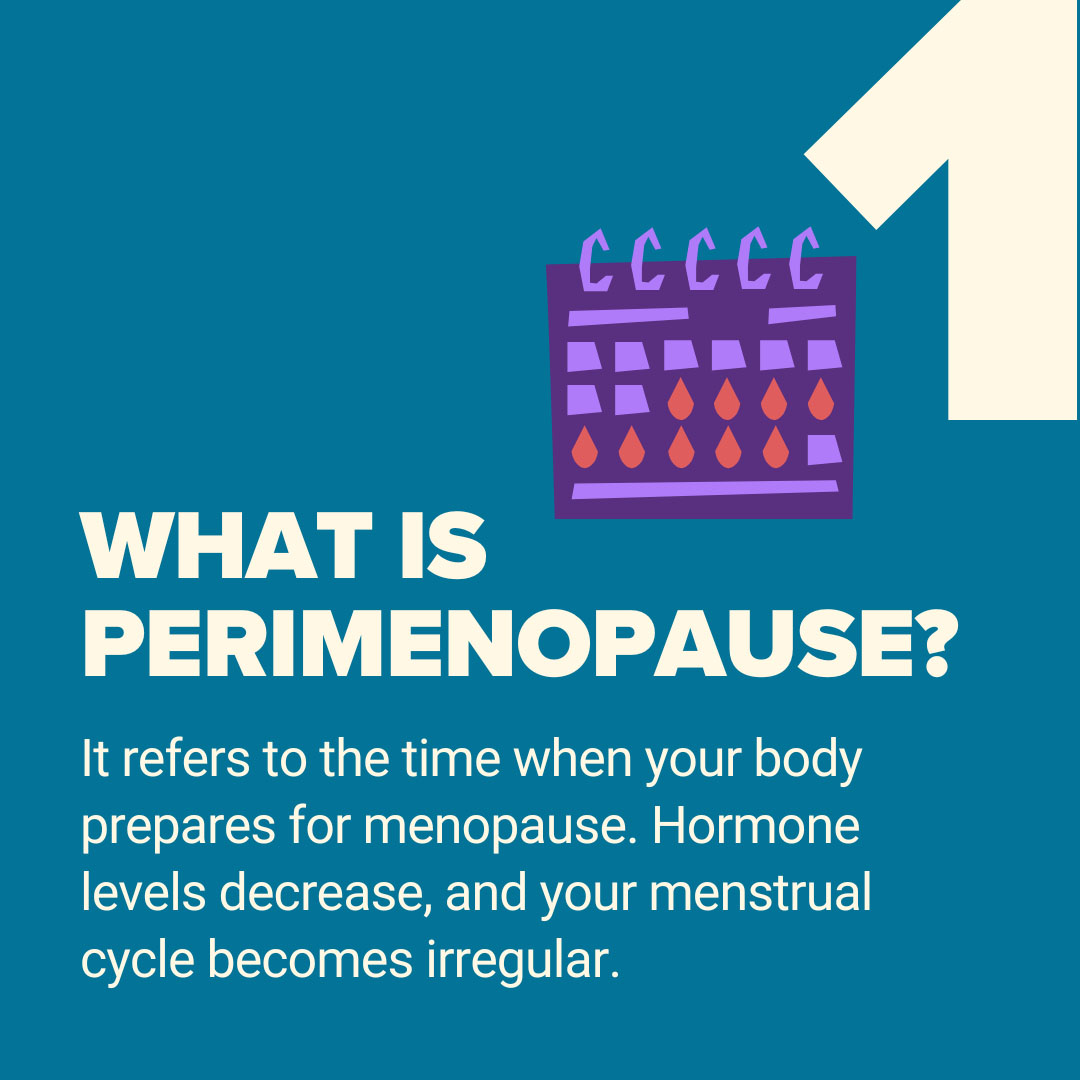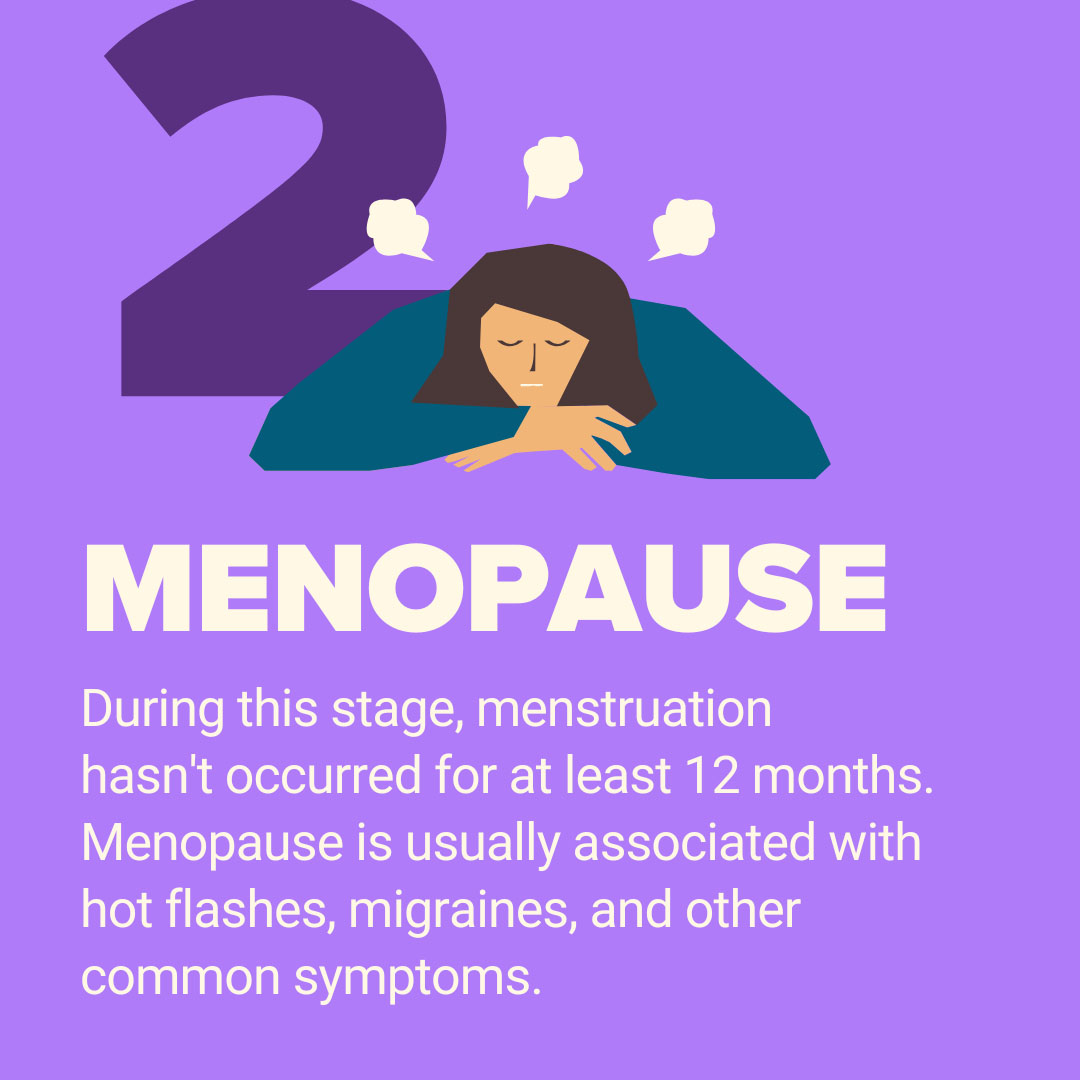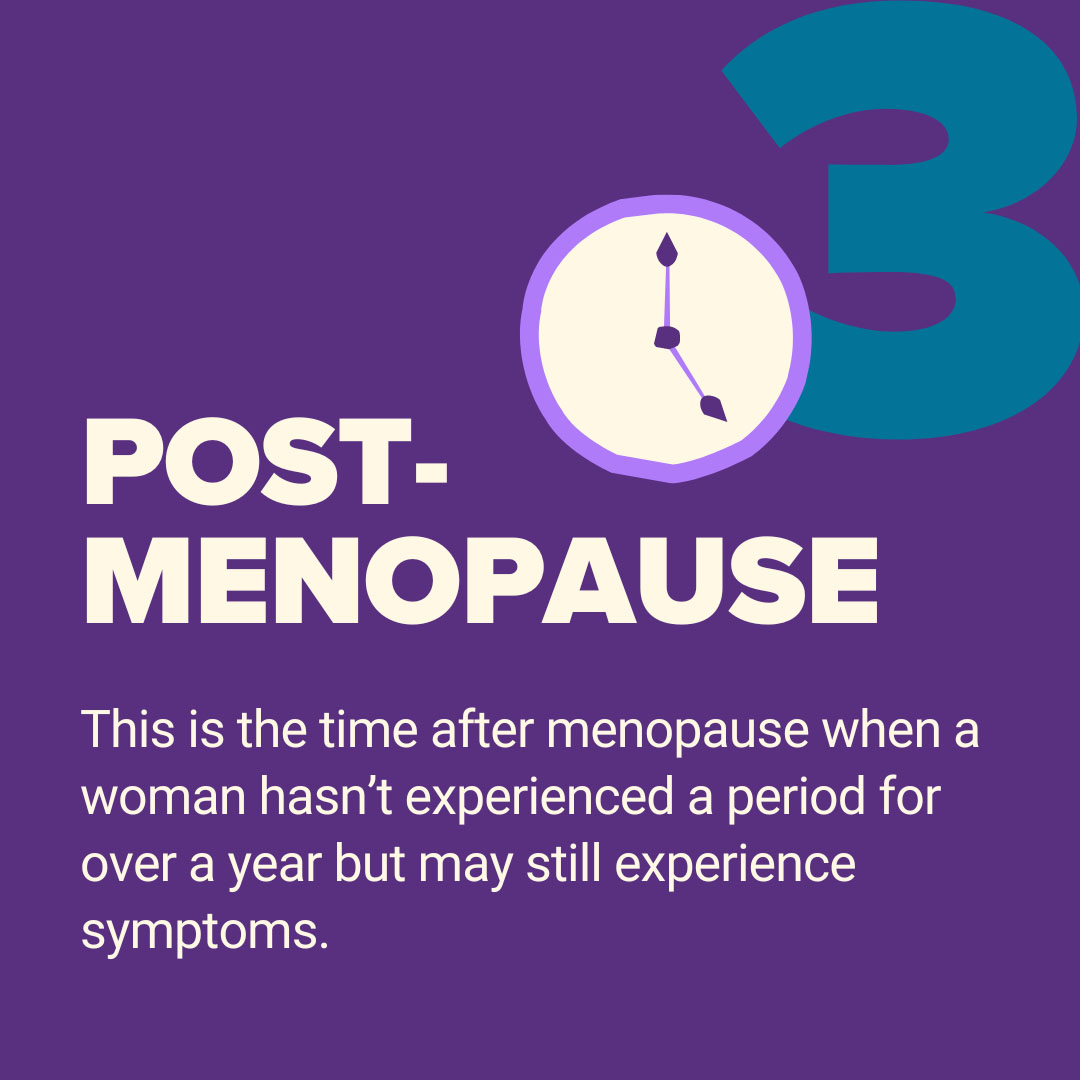Day 6 - May 17: Reproductive Health from Puberty to Menopause and Beyond

Navigating Reproductive Health Through Every Stage of Life
Understanding and caring for your reproductive health is a journey that evolves with every stage of life. From the onset of puberty through the transitions of menopause, maintaining your health and embracing the changes your body experiences is important to physical and mental wellness. Let’s explore how you can best prepare to navigate these stages of life.
 Share our Reproductive Health social media graphics with your network to highlight the importance of regular reproductive care across all stages of life.
Share our Reproductive Health social media graphics with your network to highlight the importance of regular reproductive care across all stages of life.

Puberty: The Beginning of Your Journey
Puberty is a time of significant physical and emotional changes, signaling the body’s ability to reproduce. During this stage, it’s important to:
- Educate Yourself: Learn about the menstrual cycle, hygiene practices, and what to expect as your body changes.
- Communicate: Don’t be afraid to ask questions. Talking with trusted adults or health care providers can provide valuable information and reassurance.
Reproductive Health: Understanding Your Body
As you move through adulthood, understanding and managing your reproductive health becomes crucial. This includes:
- Regular Health Screenings: Pap tests, breast exams, and screenings for sexually transmitted infections (STIs) are essential for early detection and treatment of potential health issues.
- Contraception and Family Planning: Educate yourself about different birth control methods and plan your family in a way that’s right for you.
- >Healthy Lifestyle: To support your reproductive health, maintain a balanced diet, get regular exercise, quit smoking, manage stress, and avoid alcohol and other drugs.
Menopause: A New Chapter
Later in life, menstruating women will experience menopause or the end of menstruation. Menopause does not signal the end of youth or desirability; it’s simply a new chapter. Hot flashes, mood changes, and other symptoms can feel overwhelming, but sharing experiences and coping strategies can make a big difference. Understanding menopause is crucial, not just for those going through it but for everyone around them.
- Timing Is Everything: Menopause typically occurs between ages 45 and 58, with the average age being 52 in the United States. However, it can happen earlier or later, varying from woman to woman. A woman has reached menopause when she has not had a period for 12 months in a row.
- Early Signs: Perimenopause, the transition period into menopause, can start years before menopause. Symptoms such as irregular periods, mood changes, and hot flashes can begin during this time.
- Duration of Symptoms: Symptoms related to menopause can last a decade or more after a woman’s last period.
- Health Impacts: post-menopause, women are at a higher risk for certain health conditions, such as osteoporosis (a bone disease), diabetes, and heart disease. This risk increase is partly because of the decrease in estrogen levels.



Though menopause comes with challenges, it can also be a time of liberation and new beginnings. To navigate this stage:
- Stay Informed: Understanding the symptoms and long-term health considerations of menopause can help you manage this transition more effectively.
- Seek Support: Discussing your experiences with health care providers, friends, and support groups can offer comfort and practical advice.
- Focus on Wellness: Continue to prioritize your physical and mental health through regular exercise, a nutritious diet, stress management, and preventive health care.
A Positive Perspective on Aging
Each stage of your reproductive health journey offers an opportunity to learn more about your body and yourself. Embracing these changes with knowledge and proactive care can lead to a healthier, more fulfilling life.
For more tips on maintaining your health at every age and stage, visit our Healthy Living by Age webpage. There, you’ll find a wealth of resources to support you in leading a healthy, active life at any age. Your reproductive health is a vital part of your overall well-being, and caring for it at all ages can empower you to live the healthiest life possible.

Resource to Learn More
- Cervical Cerclage FAQ - American College of Obstetricians and Gynecologists
- Common Reproductive Health Concerns for Women - Centers for Disease Control and Prevention
- Contraception and Birth Control Resources - Eunice Kennedy Shriver National Institute of Child Health and Human Development
- How Parents and Caring Adults Can Support Physical Development - HHS Office of Population Affairs
- Hysteroscopy FAQ - American College of Obstetricians and Gynecologists
- Infographic: 6 Things to Know About Conception - Eunice Kennedy Shriver National Institute of Child Health and Human Development
- Infographic: 6 Things to Know About Ovulation - Eunice Kennedy Shriver National Institute of Child Health and Human Development
- Contraception information - Centers for Disease Control and Prevention
- Long-Acting Reversible Contraception (LARC): Intrauterine Device (IUD) and Implant - American College of Obstetricians and Gynecologists
- Menopause: Medicines to Help You Fact Sheet - U.S. Food & Drug Administration’s Office of Women’s Health
- Menopause & Hormones: Common Questions Fact Sheet - U.S. Food & Drug Administration’s Office of Women’s Health
- Puberty and Precocious Puberty Resources - Eunice Kennedy Shriver National Institute of Child Health and Human Development
- Supporting Youth with Intellectual and Developmental Disabilities Through Puberty and Early Adolescence - Administration for Children and Families, Family and Youth Services Bureau
- What to Know About Skipping Periods With Birth Control - American College of Obstetricians and Gynecologists


